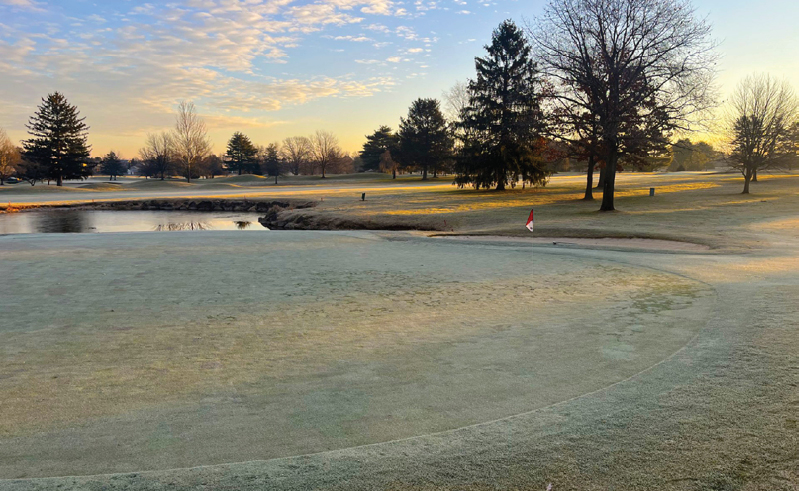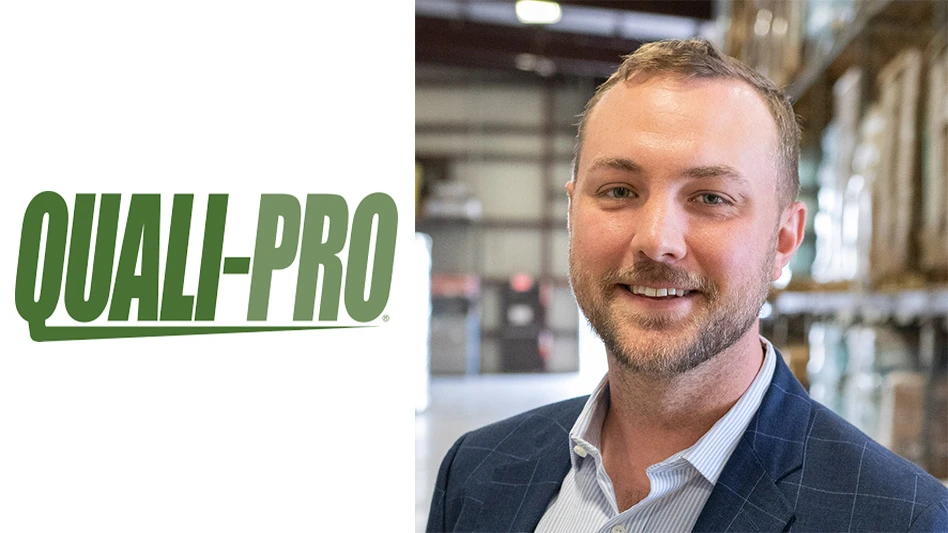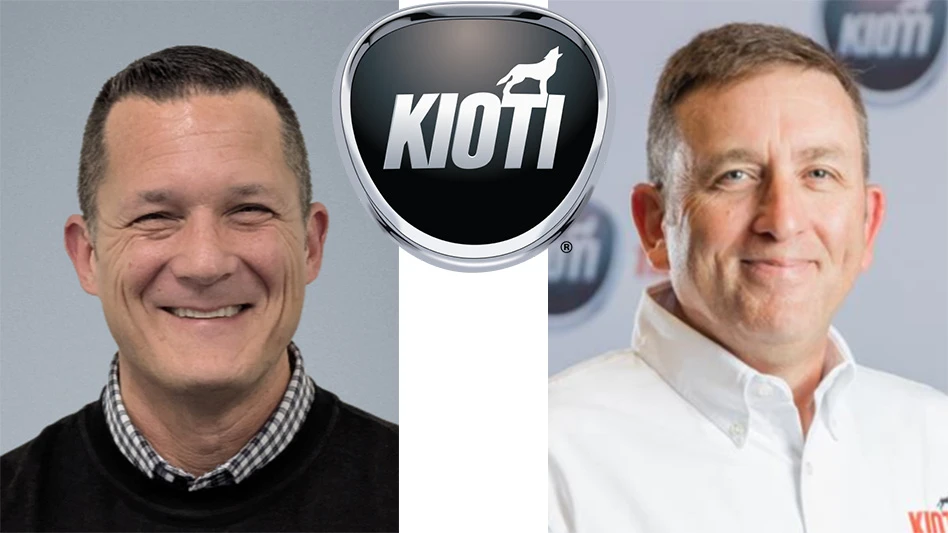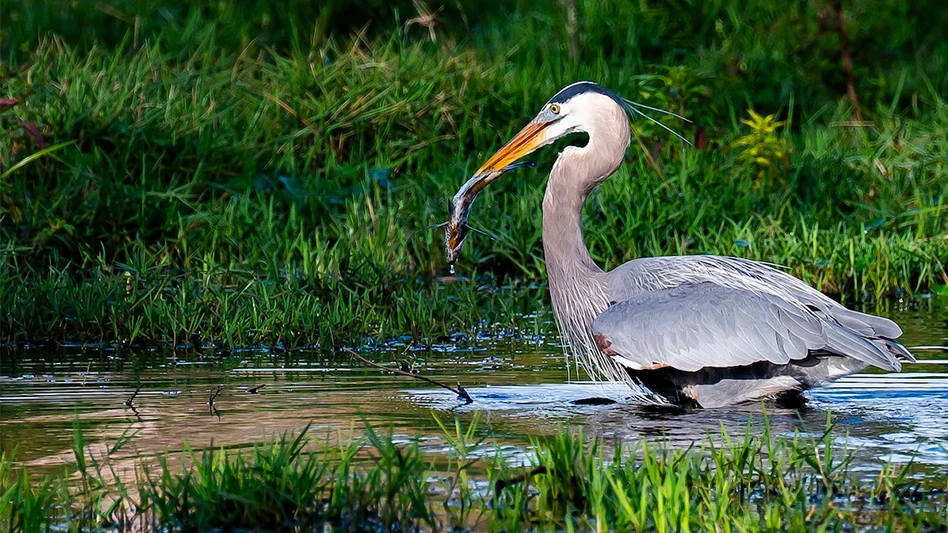

People are the most important part of any golf course maintenance team. Great people are even more important.
With that truth in mind, Scott Gingrich worked with management at Out Door Country Club in York, Pennsylvania, where he is starting his sixth season as superintendent, to overhaul how he hires. Instead of laying off most of his team members as winter approaches, why not reduce the overall headcount and create more year-round positions? The move was designed to reward the best on the team, provide more consistency and community in the maintenance building, and reduce the time needed to recruit and train when the weather warms every spring.
Gingrich received the green light — and was even able to increase pay. “It’s been a huge change from ‘Let’s try to get done what we can,’ to ‘Let’s see what else we can do,’” he says.
During his first winter at Out Door, Gingrich worked alongside two assistant superintendents and a mechanic. Last winter, he worked alongside 10 full-timers. “We’re undertaking some bigger projects now,” he says. “Rebuilding some tees, probably have some bunker work this year, just continuing to improve the property.”
Gingrich still hires seasonal workers — the team topped 20 at its peak last summer — but now, “instead of adding 15 guys in season, I’m probably looking to add three or four to the staff that I have. It’s nice not walking into March asking, ‘Am I going to have enough people to get done what I have to get done?’”
Gingrich has leaned on assistant superintendent Troy Aldinger, who has worked at the club for 35 years and provides institutional knowledge and historical perspective, and mechanic Terry Jeffcoat, who arrived two years before Gingrich and has worked in the industry for a decade and a half. “I can put together the best plan in the world,” Gingrich says, “but without them …”
His plan over the last five seasons has included plenty of improvement, including an ambitious approach to greens recovery. The course was in “decent shape” when Gingrich arrived in 2018 after 11 years at Saucon Valley Country Club in the Lehigh Valley and two years at Llanerch Country Club just outside Philadelphia, but maintenance needed to become more sustainable. “We needed good cultural practices, improving the harmony with the trees and shade issues on the golf course.” He was also asked to reduce Poa annua and increase bentgrass on the putting greens — a practice implemented to help improve the course’s sustainability because of the Poa annua’s susceptibility to winter injury and damage history at the course.
Gingrich has relied on SePRO’s Cutless MEC plant growth regulator to rein in turf not just splotched with Poa but devoured by it. He introduced a soil spray every two weeks throughout summers, adjusting rates depending on tournaments and other events, normally around six ounces per acre, sometimes bumping it up as high as nine ounces per acre. The results have been stunning.
“We’ve gone from three greens that were probably 70 percent Poa to being at least 70 percent bentgrass now,” he says. “The rest of the golf course was probably 60 to 70 percent bentgrass and now we’re 85 to 95 percent bentgrass. To be able to get those kind of results without regrassing, with our cultural practices and spending some extra money on growth regulator, is a huge cost savings to the club.”
As Gingrich has gained more comfort and consistency on greens and fairways, he has spread those cultural practices to more of the course, including six ponds that dot the property. His first season, the ponds were so covered with green algae that one “looked like you could walk across it by the end of August.” After introducing SePRO’s SeClear aquatic algaecide, the water was no longer a walkway and Gingrich is now focusing on maximizing those natural resources. This season, he plans to introduce SePRO’s EutroSORB filters to intercept soluble reactive phosphorous from a connecting stream and add SePRO’s Clearcast aquatic herbicide to control cattails.
“It’s pretty incredible to see how much the course has improved in four years,” Gingrich says. With more of the right people in place — and most working year-round — how much more will it evolve?

Explore the April 2024 Issue
Check out more from this issue and find your next story to read.
Latest from Golf Course Industry
- Applications open for 2025 Syngenta Business Institute
- Smart Greens Episode 1: Welcome to the digital agronomy era
- PBI-Gordon promotes Jeff Marvin
- USGA investing $1 million into Western Pennsylvania public golf
- KemperSports taps new strategy EVP
- Audubon International marks Earth Day in growth mode
- Editor’s notebook: Do your part
- Greens with Envy 66: A Southern spring road trip





